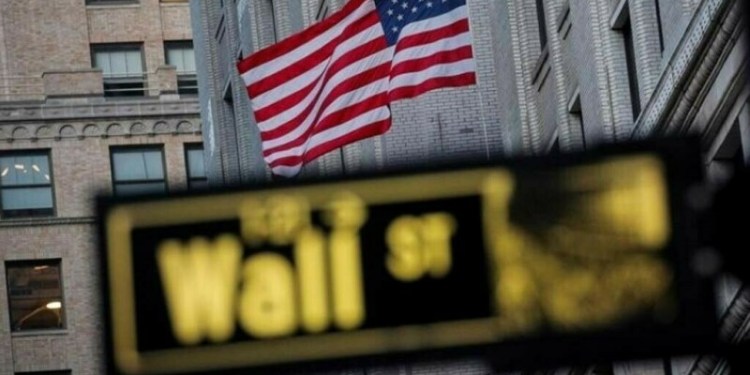Offer of Bt90 a kilo enough for some, but others still plan September 14 rally
The latest sentiment was in line with a claim by the government that most rubber growers were happy with the price offered by government representatives during their talks with rubber farmers on Friday.
Both sides failed to reach an accord at the talks, as representatives of rubber growers said the lowest price they could agree to was Bt95 a kilogram. That was a reduction from the previous demand of Bt101 to Bt120.
But other protesting growers were not happy with the offer of Bt90 a kilogram and have threatened to hold a larger rally next Saturday.
Prime Minister Yingluck Shinawatra said yesterday most representatives of the rubber growers who attended Friday’s talks agreed to the price of Bt90.
“The offered price is the best the government can do. I ask for sympathy from the people,” the PM said.
She noted that rubber prices were unlikely to be as high as in the past. A higher price would affect related industries also, she said, adding that natural rubber would be less attractive than synthetic rubber for manufacturers if its price was higher.
Deputy Prime Minister Pracha Promnog said most rubber growers he met in Nakhon Si Thammarat during the talks were satisfied with the government’s offer of Bt90 per kilogram of rubber sheets. He said this during yesterday’s TV show “Yingluck Government Meets the People”.
Finance Minister Kittiratt Na-Ranong, speaking during the same programme, said the government would not intervene in the rubber market or guarantee income for growers, but it would instead offer funding to subsidise the price.
Also during the programme, PM Yingluck said she would instruct government ministries to help increase their use of natural rubber, such as in making gloves, cosmetics, and furniture, as well as road-paving.
Manoon Upala, a leading grower of rubber in Surat Thani, said his group would follow the resolution made at yesterday’s meeting of a southern rubber growers network in Trang that agreed to the offered price.
Rubber growers in Phatthalung also were “satisfied to an extent” with the price of Bt90, according to Prapas Suriyapat. But the farmer said they wanted Bt100 a kilo to help them cope with the rising cost of living.
In Ranong, rubber growers were also happy with the price of Bt90, said Somchai Boonmee, a leader of a local farmers’ network. He said the price should better reflect the current economic situation.
Meanwhile, a kamnan in Sadao said he disagreed with reports that protesting rubber farmers would block a border checkpoint in Songkhla as a tactic to win a higher price, saying it would hurt exports, trade and local tourism industry. The chief of tambon Samnak Kham said he was negotiating with core leaders of the farmers to convince them not to block the Sadao border checkpoint.
The head of the provincial network of rubber farmers and palm growers, Thanaphol Thongwan, said he had refused to accept a government vow to buy raw rubber sheets at Bt90 per kilogram, although a large number of network members seemed to accept that rate. The networks and members would discuss the Bt90 rate before deciding whether the protest should kick off again next Saturday.
Yesterday, a Suan Dusit poll said respondents thought that protesting rubber farmers had no political motive against the government running a host of rallies at several locations, and that officials should end the protests through peaceful means. The unspecified number of respondents also called on protesters not to block roads or cause too much disruption to society

























